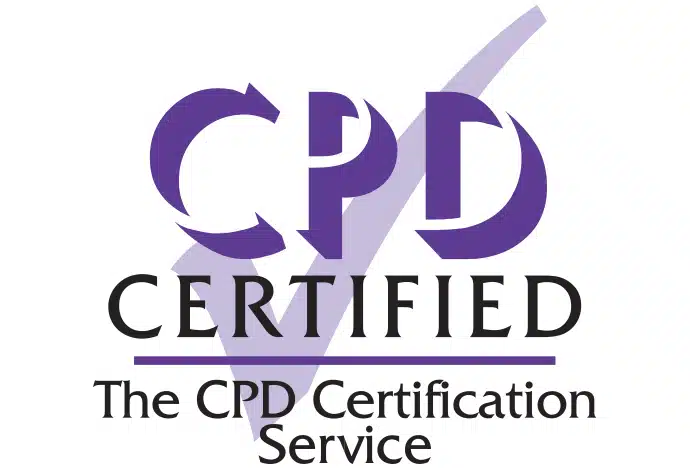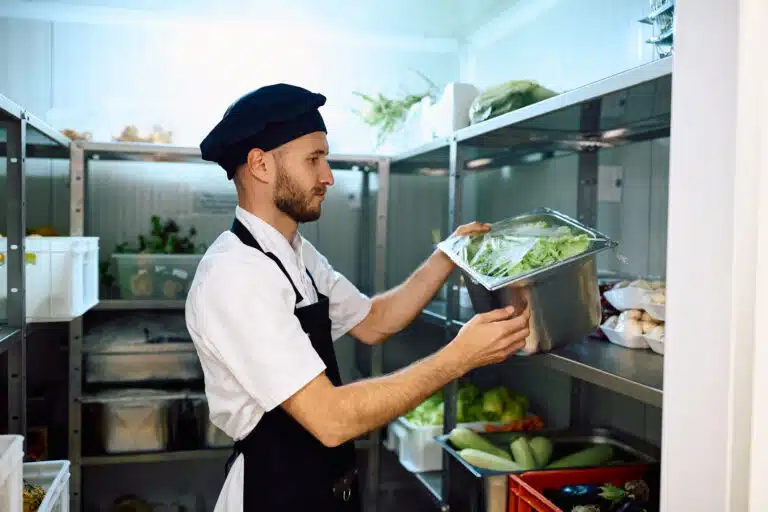If you work with food in the UK, whether in a restaurant, café, or food truck, you’ll likely need a food hygiene certificate to comply with regulations and ensure safety. But with different levels available, Level 1, Level 2, and Level 3, how do you know which one is right for you? This guide explains the types of food hygiene certificates, who needs them, and how to get certified, following UK food safety laws.
Understanding Food Hygiene Certificates in the UK
Food hygiene certificates, also known as food safety certificates, demonstrate that you’ve been trained to handle food safely, reducing risks like contamination or foodborne illnesses. In the UK, these certificates align with the Food Safety Act 1990 and are often required by employers or local authorities. Training is typically provided by accredited organisations, such as those approved by The CPD Certification Service, which includes Skilltopia Ltd.
While a certificate isn’t legally mandatory, UK law requires food handlers to be trained to a level appropriate for their role. Certificates prove you’ve met this standard.

Look for this logo, there are many CPD companies, but the CPD Certification Service is the most trusted!
Types of Food Hygiene Certificates
Here’s a breakdown of the main certificate levels and who they’re for:
Level 1 Food Hygiene Certificate
- Who needs it? Ideal for those with minimal food handling responsibilities, such as front-of-house staff, baristas, or waiters who don’t prepare food.
- What’s covered? Basics of food safety, personal hygiene, and preventing contamination.
- Duration: Typically 2–4 hours online or in-person.
- Example roles: Café servers, retail staff handling packaged food.
- Click here for Level 1 Food Hygiene Certificate
Level 2 Food Hygiene Certificate
- Who needs it? Required for anyone who prepares, cooks, or handles food, such as chefs, kitchen assistants, or caterers.
- What’s covered? Food safety hazards, temperature control, safe storage, and cross-contamination prevention.
- Duration: 6–8 hours, often completed online.
- Example roles: Restaurant cooks, food truck operators, bakers.
- Click here for Level 2 Food Hygiene Certificate
Level 3 Food Hygiene Certificate
- Who needs it? Suited for supervisors, managers, or business owners overseeing food safety processes.
- What’s covered? Advanced food safety management, HACCP principles, and legal compliance.
- Duration: 18–24 hours, often spread over several days.
- Example roles: Kitchen managers, catering business owners.
- Click here for Level 3 Food Hygiene Certificate
Note: Level 4 exists for advanced roles like food safety consultants, but it’s rare and not typically required for most businesses.
Which Certificate Do I Need for My Role?
Choosing the right certificate depends on your job responsibilities:
- Minimal food contact? Go for Level 1.
- Preparing or cooking food? You need Level 2.
- Managing a food business? Opt for Level 3.
If you’re unsure, check with your employer or local environmental health officer. Many businesses require Level 2 as a minimum for food handlers to ensure compliance with FSA guidelines.
How to Get a Food Hygiene Certificate
- Choose an accredited provider: Look for courses approved by The CPD Certification Service. Popular providers include Skilltopia Ltd.
- Select your level: Enrol in a course matching your role (Level 1, 2, or 3).
- Complete the training: Most courses are online, with interactive modules and a final assessment.
- Receive your certificate: Upon passing, you’ll get a downloadable or mailed certificate, valid indefinitely (though refresher training every 3 years is recommended).
Cost: Prices range from £12.50 – £15 for Level 1, 2, and £45 for Level 3, depending on the provider.
Why Food Hygiene Certificates Matter
A food hygiene certificate isn’t just a legal box to tick; it protects customers, boosts your business’s reputation, and reduces risks. Non-compliance can lead to fines, closure, or reputational damage, as seen in FSA hygiene ratings. Certified staff also inspire customer confidence, especially in competitive sectors like hospitality.
Frequently Asked Questions
Do food hygiene certificates expire?
No, but employers often require refresher training every 3 years to stay current with regulations.
Can I work without a certificate?
Legally, you need appropriate training, but a certificate isn’t mandatory. However, most employers require one as proof.
Are online courses valid?
Yes, as long as they’re from an accredited provider recognised by UK authorities.
Next Steps
Ready to get certified? Start by identifying your role’s requirements and enrolling in an accredited course. Not sure where to begin? Contact your local council’s environmental health team or browse trusted providers online. Investing in the right food hygiene certificate ensures you’re compliant, confident, and ready to deliver safe, high-quality food.
Need help choosing a course? Contact us at hello@skilltopia.co.uk






